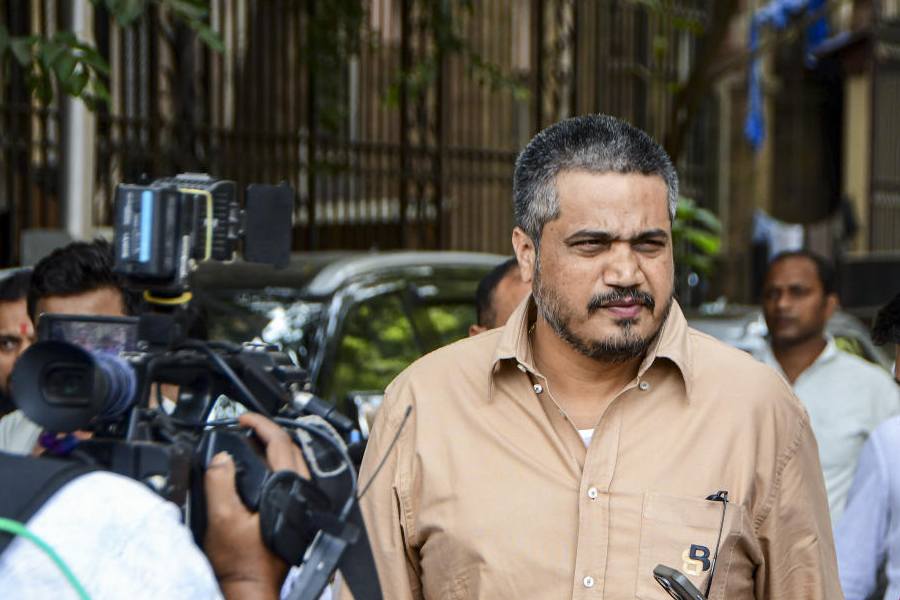 |
| Kalinga Institute of Industrial Technology |
New Delhi, Nov. 9: Many deemed universities are tagging an unqualified “university” to their names in violation of rules, including one in Bhubaneswar where the Prime Minister will inaugurate the Indian Science Congress in January, government sources say.
The University Grants Commission (UGC) had in August 2009 asked deemed universities not to prefix or suffix “university” to their names. If they want, they can write “a deemed-to-be-university declared under the UGC Act” after their names.
However, those like the Kalinga Institute of Industrial Technology, which will host Manmohan Singh in two months, carry an unqualified “university” after their names in their websites, brochures and campus signboards. So do several others, including Symbiosis of Pune, which calls itself “Symbiosis International University”.
Kalinga Institute (which calls itself “KIIT University”) founder Achyutananda Samanta and Symbiosis principal director Vidya Yeravdekar happen to be UGC members.
Ashok S. Kolaskar, vice-chancellor of the Kalinga Institute, however, said Madras High Court and Karnataka High Court had issued stay orders on the UGC’s circular after several deemed universities had challenged it.
“There is a stay in the matter of using the word ‘university’ in the name. This stay is applicable to all deemed universities,” Kolaskar said.
Former Delhi High Court chief justice B.A. Khan, however, said the stay order should apply only to the institutions that petitioned the courts. “The 12 institutions should get relief from the stay order. If other institutions want to get similar relief, they can move the court and ask for it,” he said. Neither Kalinga Institute nor Symbiosis are among the 12.
Kolaskar, asked whether he was certain that the stay order applied to all deemed universities, replied: “That is my understanding.”
Yeravdekar of Symbiosis too said: “The UGC order has been stayed by the high courts; so this will apply to all deemed universities.”
UGC acting chairman Ved Prakash said the commission’s legal consultant would be able to give the correct information on the implication of the high court stay orders. However, Amitesh, the legal consultant, did not take this newspaper’s call.
The government has in recent years been keen to emphasise the difference between full-fledged universities and deemed universities after many among the latter group came under the scanner for substandard infrastructure and teaching. A university can only be established through an act passed in Parliament or a state legislature, while deemed university status is granted under Section 3 of the UGC Act to institutions judged to have achieved excellence in research and teaching.
Such institutions used to call themselves “deemed-to-be-university” till five years ago. But in 2006, the UGC allowed them to remove the word “deemed” and identify themselves solely as “university”.
The 2006 notification was issued on the recommendations of a committee made up by the heads of the UGC and the All India Council of Technical Education and a former higher education secretary. But it was challenged in Delhi High Court by Kapil Kumar, an academic, who argued the notification would confuse and mislead students.
The human resource development ministry then asked the UGC to withdraw the notification, which it did on August 19, 2009, banning deemed universities from calling themselves a “university” without qualification.
Last year, the UGC’s regulations on deemed universities reaffirmed the ban. Now, the matter is in the courts.









